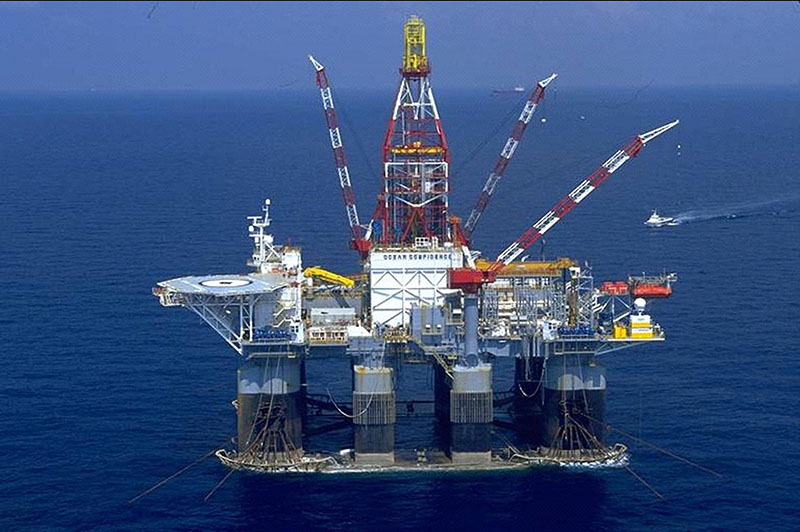Those in the investment and energy worlds sometimes become absorbed anticipating impending industry developments. Sometimes, the attention expands beyond an industry, such as with the Y2K fear about our economies functioning after midnight on Dec. 31, 1999. That fear was unfounded, and the significance of the OPEC agreement reached on Wednesday remains unclear as details of the planned cuts remain sketchy.
If one followed the never-ending flow of OPEC discussion news bulletins prior to Wednesday’s decision to cut production to 32.5 million barrels a day, one might feel they were watching a soccer match. Up and down the field moved the agreement with one party or another dribbling, kicking or fighting to steal control over determining the details. Sometimes a soccer match produces no outcome, other times one side can claim a smashing win. So, which of these does the OPEC agreement represent?
The reality is that the outcome of this game is pre-ordained – the global oil market is recovering – but the OPEC agreement may just help speed up the pace of the recovery.
Oil prices have been low for nearly two years – and yes, $47 a barrel is low relative to recent years’ $100/barrel prices. However, current prices are actually close to the 70-year inflation-adjusted average oil price of $44.26 a barrel (through August).
Recent lower prices have restored economic rationality to the oil business. Fewer uneconomic wells are being drilled. Producing wells and undrilled acreage are moving from weak to stronger industry hands – owners who are not forced to drill and produce just to keep the lights on. At the same time, global oil demand continues growing, even if at a slower rate than anticipated or desired by oil interests. Population growth and improving global lifestyles are driving up oil consumption. In other words, the oil market is recovering and as a result, oil prices will rise. Just how high they go and how quickly remains unknown.
Although everyone would love for the future to be clearer, too many people are assuming the OPEC agreement will immediately bring the clarity they have been seeking.
“OPEC has delivered on its Algiers goal to achieve a collective cut, but as always the devil is in the details,” Harry Tchilinguirian, head of commodity markets strategy at BNP Paribas SA in London, told Bloomberg News on Wednesday. “What are the baselines of the cuts and the perennial issue of execution risk looms large. Furthermore, despite hopes for non-OPEC participation, the historical track record has been dismal.”
No matter what, take solace in the fact that industry fundamentals are improving and the oil market will recover.





